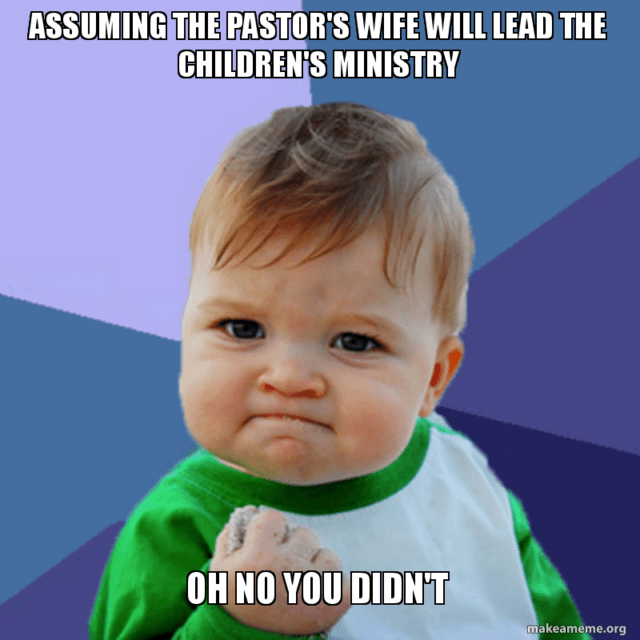An association of Christian communicators is drawing attention to a growing problem within the faith community; the censorship of Christian and conservative speech online by tech companies such as Facebook, Twitter, Google and Apple.
The National Association of Religious Broadcasters has launched the Internet Freedom Watch, along with an accompanying website—internetfreedomwatch.org—to document and bring attention to cases of internet censorship.
EXAMPLES OF CENSORSHIP
NRB has already documented more than 30 examples of Internet censorship including Twitter’s takedown of an ad by Rep. Marsha Blackburn (R-Tennessee) in October and Facebook removing Gov. Mike Huckabee’s post supporting Chick-fil-A in 2012.
The initiative has the backing of Senator Ted Cruz (R-Texas), former FCC Commissioner Robert McDowell; Craig Strazzeri, chief marketing officer for PragerU; and evangelical leader Ralph Reed, Chairman and CEO of Century Strategies.
PragerU, a website that features five-minute videos on what makes America great, has also had its content censored. The group is suing YouTube and its parent company Google for “restricting” or “demonetizing” about 40 of their 250 videos.
The censored videos range on various subjects presenting a conservative point of view and include: “Why America Must Lead,” “The Ten Commandments: Do Not Murder” and “The World’s Most Persecuted Minority: Christians.” You can see the full list here.
BATTLE AGAINST CHILD PORN AND BOYCOTTS
YouTube/Google said the censored videos were deemed inappropriate for younger audiences and the company was simply protecting its bottom line.
Late last month several major companies boycotted YouTube complaining that the video-sharing site was showing clips of scantily clad children alongside their ads. Comments from hundreds of pedophiles were posted alongside the videos.
YouTube/Google responded by assigning 10,000 people to review and flag content across its platforms and to use artificial intelligence to take over the task by next year.
YouTube says it can take down 70 percent of extremist content within eight hours using machine learning. The company is also making improvements to the algorithms so they can work for other types of questionable content.
FAULTY FILTERS AND OUTRIGHT BIAS
No one backing the initiative disagrees with efforts to restrict child porn, but they and other content producers complain the YouTube/Google filters are not smart enough to understand the difference between actual porn and anti-porn messages. Articles posted by conservative groups speaking out against child porn are flagged by Google as inappropriate, stripping advertisers and their revenue from the site.
But the Internet freedom watch also claims something much less innocent is taking place; religious speech is being censored under the guise that it is “extreme.”
At a Washington press conference Dr. Jerry A. Johnson, NRB’s president and CEO, said, “It is unacceptable for these titans to discriminate against users just because their viewpoints are not congruent with ideas popular in Silicon Valley.”
Sen. Cruz, who commended the NRB on its initiative, said every day more Americans are “getting their political news not from pieces of paper, not from their televisions, but online from social media.”
“One of the biggest shifts that has occurred in recent years is the locus of power in media is no longer New York City. It’s Silicon Valley,” Cruz said. “And Silicon Valley has the ability to put a thumb on the scale in a far more subtle and insidious way.”
“The New York Times can write stories that are liberally biased, but they don’t hide who they are,” Cruz said. “But on the Internet and social media it’s far simpler because views that are unfavored simply disappear. They simply don’t exist.”
In a Google search, for instance, Cruz said conservative views can be suppressed while views the tech companies like “magically bubble to the top.”
WHAT WILL BE CENSORED NEXT?
That possibility has the NRB and many church leaders concerned about what else could be stamped with the “extreme” label.
Could a day be coming when biblical teachings about the value of life, adoption, abortion or any Christian doctrine fall outside the favor of Silicon Valley and be censored? Perhaps the better question is not if, but when.
Ralph Reed cited the printing press, television and the Internet as the three most important technological developments for advancing the Gospel worldwide—but the Internet is set to eclipse the first two.
If that is true, Reed said, “It is critical for Christians and others of faith to be able to share their faith in an unfettered way without fear of persecution, harassment, blocking or discrimination.”
As part of the effort, NRB sent letters to the tech giants, urging constructive conversation and a resolution to the threats against religious freedom, and has called on Congress to hold hearings on the “severe problem of viewpoint censorship on the Internet.”
Dr. Johnson said they are not yet calling for new laws or regulations but want the growing problem to receive appropriate scrutiny.

























